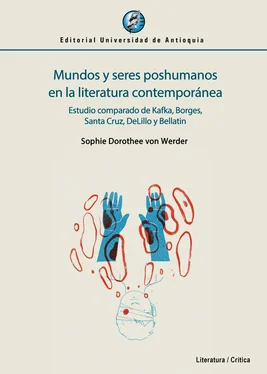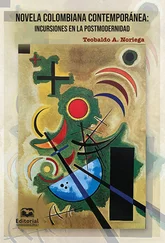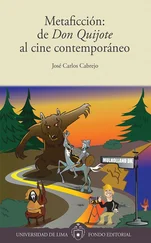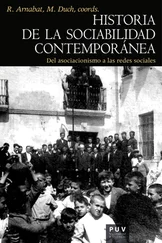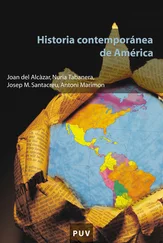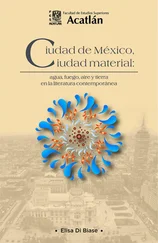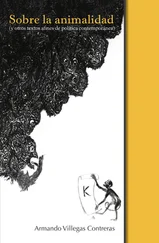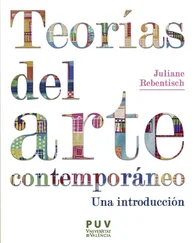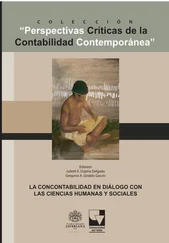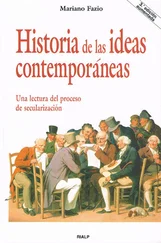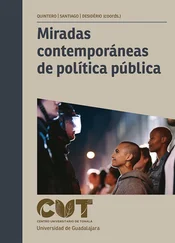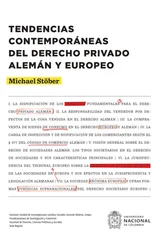15“human being is first of all embodied being, and the complexities of this embodiment mean that human awareness unfolds in ways very different from those of intelligence embodied in cybernetic machines” (pp. 283-284).
16“Meaning is not guaranteed by a coherent origin, it is made possible (but not inevitable) by the blind force of evolution finding workable solutions within given parameters” (p. 285).
17“No longer is human will seen as the source from which emanates the mastery necessary to dominate and control the environment. [...] Thinking is done by both human and nonhuman actors” (p. 290).
18“Post-Anthropozentrismus beseitigt den Gedanken einer Artenhierarchie und einer besonderen Norm ‘des Menschen’ als dem Maß aller Dinge” (p. 72). Como no se tuvo acceso a la versión original en inglés, se está citando la traducción al alemán realizada por T. Langstien.
19“Es ist auch nicht dekonstruktivistisch, weil es nicht sprachlich strukturiert ist. Die posthumane Subjektivität, für die ich plädiere, ist vielmehr materialistisch und vitalistisch, verleiblicht und eigebettet” (p. 56).
20“there is a whole range of rights that they [the animals] cannot be granted because they are not human. We would not even consider granting the right to vote, for example, to creatures that, as a group, were incapable of learning human language” (p. 146).
21“the human-animal-continuity on the one hand and the human-artificial-intelligence continuity on the other hand” (p. 3; cursiva en el original).
22“Technik ist nicht das gleiche wie das Wesen der Technik. [...] So ist denn auch das Wesen der Technik ganz und gar nichts Technisches” (2000b, p. 5).
23“Man will, wie es heißt, die Technik geistig in die Hand bekommen. Man will sie meistern. Das Meistern-Wollen wird um so dringlicher, je mehr die Technik der Herrschaft des Menschen zu entgleiten versucht” (2000b, p. 7).
24La palabra deriva de stellen, es decir, poner o disponer; Heidegger sugiere que aquí el hombre deja de ser el que dispone de acuerdo con su libre voluntad y que, finalmente, es la técnica misma la que dispone también del hombre.
25“Indessen spreizt sich gerade der so bedrohte Mensch in Gestalt des Herrn der Erde auf. Dadurch macht sich der Anschein breit, alles was begegne, bestehe nur, insofern es ein Gemachtes des Menschen sei. Dieser Anschein zeitigt einen letzten trügerischen Schein. Nach ihm sieht es so aus, als begegne der Mensch überall nur sich selbst” (2000b, p. 28).
26Das Ge-stell gefährdet “den Menschen in seinem Verhältnis zu sich selbst und zu allem, was ist” (2000b, p. 28).
27“Die Bedrohung des Menschen kommt nicht erst von den möglicherweise tödlich wirkenden Maschinen und Apparaturen der Technik. Die eigentliche Bedrohung hat den Menschen bereits in seinem Wesen angegangen” (2000b, p. 29).
28“Die Herrschaft des Ge-stells droht mit der Möglichkeit, daß dem Menschen versagt sein könnte, in ein ursprünglicheres Entbergen einzukehren und so den Zuspruch einer anfänglicheren Wahrheit zu erfahren” (2000b, pp. 28-29).
29“und so den Menschen in die Gefahr der Preisgabe seines freien Willens stößt” (2000b, p. 33).
30“the dominant consciousness of an advanced technological capitalistic society clearly tends toward a utilitarian ethic, an ethic that permits other beings to be used-consumed” (p. 18).
31“We are entering a new stage. For the first time, mankind is able to improve itself not only by ameliorating its cultural software but by altering its genetic hardware” (p. 8).
32“In the future, we will likely to be able to breed human beings. [...] Breeding has not necessary connotation of state sponsorship, but it’s appropriately suggestive of genetic engineering’s deshumanizing potential” (p. 88; cursiva en el original).
33“[it] sounds not ethically inclusive but disturbingly imperialist, as the world becomes only something to be colonized by our limitlessly possessive selves” (pp. 7-8).
34“who is excluded within this definition and question whether the cyborg is a manifestly Western signifier, a First World marker of priviledge with whom only the 'information-rich' might identify” (p. 6).
35“acknowledging that a fundamental kinship exists between people, and through which we effectively prove our humanity, may not be a bad thing. In fact, in a world currently being torn apart by religious and cultural differences, we may need this understanding more than ever” (p. 17).
36“If ‘Man’ is present at ‘his’ own funeral, how could ‘he’ possibly be dead?” (p. 13).
Конец ознакомительного фрагмента.
Текст предоставлен ООО «ЛитРес».
Прочитайте эту книгу целиком, купив полную легальную версию на ЛитРес.
Безопасно оплатить книгу можно банковской картой Visa, MasterCard, Maestro, со счета мобильного телефона, с платежного терминала, в салоне МТС или Связной, через PayPal, WebMoney, Яндекс.Деньги, QIWI Кошелек, бонусными картами или другим удобным Вам способом.
